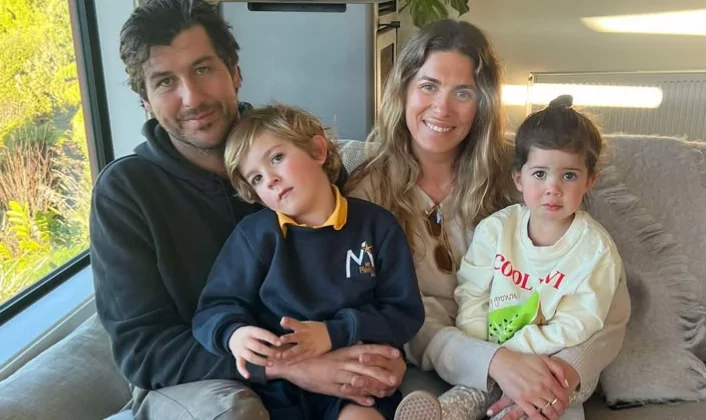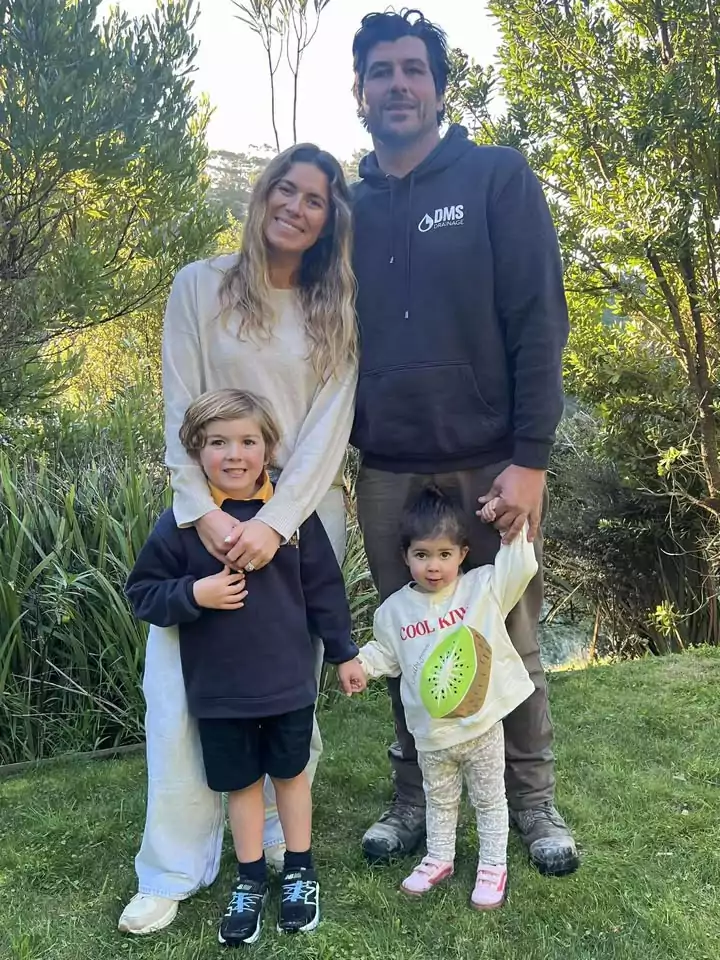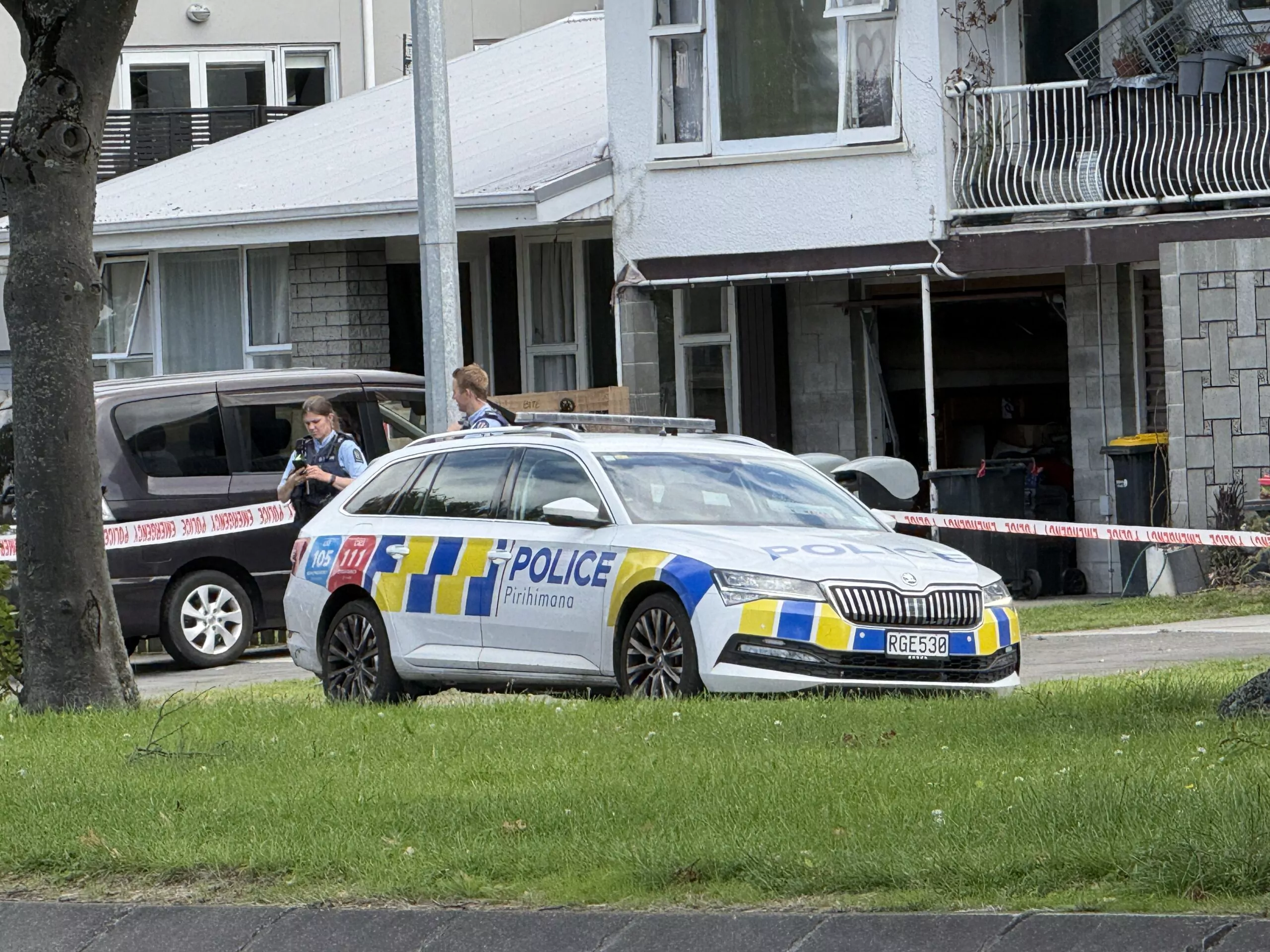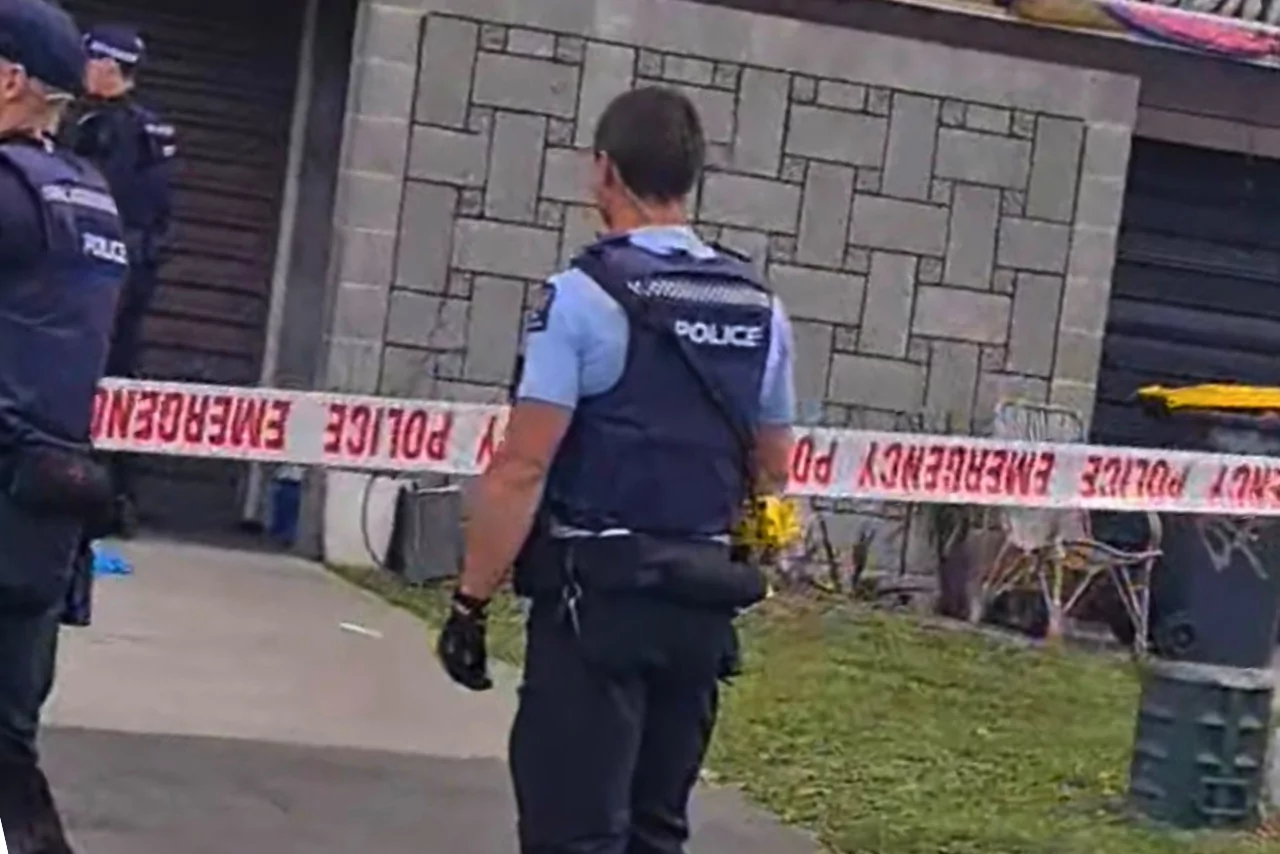Escaped youth tracked by Eagle helicopter, found hiding in New Brighton
The young person who escaped from a youth justice facility in Rolleston has been located...

A Christchurch mother is making an urgent appeal to the Health Minister saying her two children and many others like them, are being “overlooked by a broken system” that is denying them timely access to critical ear surgeries.
Melissa Smith, a small business owner and mother of two children born with cleft-related medical conditions, has written a letter to the Health Minister describing the current ENT (ear, nose and throat) system as a “structural failure” that is actively harming children with complex needs.
Her letter, shared in full with Chris Lynch Media, outlines a four-year battle through public health bureaucracy, multiple departments, and dead-end referrals – resulting in delayed care, hearing loss, and personal financial sacrifice.
Both of Smith’s children were born with cleft conditions, requiring complex care from birth, including hearing support.
Melissa told chrislynchmedia.com her son Mason was first fitted with grommets (tiny tubes that relieve pressure and fluid build-up in the ear) when he was just one year old, during cleft palate repair surgery.
“By the time he was around 2 years old, those grommets had naturally fallen out, and he needed a second set. We relied on the public system for that next set, and it ended up being nearly two years before he received them publicly during which his hearing declined and he really began to struggle.
“Knowing that grommets only last around 12 months, I raised concerns with the cleft team that these would likely fall out again just as he was starting school, and asked whether he could be preemptively added to a surgical waitlist. I was told that wasn’t possible.
“Sure enough, right as school started, we noticed he wasn’t hearing properly and was withdrawing socially. We pushed for audiology and it confirmed fluid again and the need for a third set of grommets, but this time we were told the wait would be 18 months. We couldn’t let him wait that long again, especially not while starting school, so we chose to pay privately.
Not even a month later, Lola started saying there was “water” in her ears and tugging at them. We’ve just had an audiology appointment (two weeks ago) confirming her grommets are out and there’s fluid behind both ears. The current public waitlist is around 15 months, so we’ve now made the difficult decision to book her in privately as well.
Melissa said said her family’s experience is not unique and she’s speaking out on behalf of countless other parents who feel let down, unheard, and exhausted.
“This is not just about my children. It’s about every family trying to navigate a system that doesn’t recognise the urgency of hearing loss in cleft-affected or medically complex children.”
She said that despite having a cleft team in place and access to audiology professionals, the referral pathway to ENT surgery was consistently delayed, disjointed, or de-prioritised. “We’ve contacted ENT, audiology, hospital admin, and surgical departments multiple times since 2020. The most common reply is, ‘The system is failing us too – there’s nothing we can do but pass your email on.’”
Smith said audiologists themselves have admitted feeling helpless, as they watch child after child miss crucial developmental milestones.
“They see the problem, they document it, but they can’t make the surgery happen. They’re just as frustrated as we are.”

The Smith Family
While Smith is critical of the system, she is careful to defend the health professionals within it. “This is not a criticism of the individuals. Every audiologist, paediatrician, surgeon, and nurse we’ve dealt with has shown empathy, compassion, and genuine care. But they’re operating in a system that won’t let them deliver what’s needed.” She said staff are often caught in the middle, delivering bad news, handling angry or distressed parents, and working in an under-resourced environment. “They deserve better too. They’re not the problem. The system is.”
In her letter, Smith laid out three specific requests:
Review national ENT waitlist criteria to prioritise children with cleft or complex medical needs
Ensure timely, proactive access to surgery instead of waiting for damage to occur
Confirm whether reforms are underway to improve equity in paediatric surgical access for high-needs children
She also questioned whether there is any national consistency in how ENT surgeries are triaged, saying some children are seen quickly while others with similar conditions wait over a year.
“Are cleft-affected children not a priority because the surgery is too small? Or because hearing loss is not seen as urgent? Or is it just that ENT is underfunded and nobody wants to deal with the backlog?”
Smith said the emotional toll on families is immense, but so is the financial strain. “We are a small business-owning family. We pay taxes. We contribute to the system. And yet we had to spend thousands so our child could hear. How is that fair?”
She said she feels for the families who cannot afford private surgery and are left waiting in silence. “We shouldn’t have to fundraise, beg, or pay privately for something so fundamental to a child’s development. That’s not a health system – that’s survival of the wealthiest.”
While her family could no longer wait in silence, many others still are.
“Some parents are too tired to speak up. Some don’t know how. I’m writing this on behalf of them too. We can’t keep doing this – chasing the system, writing desperate emails, and watching our kids fall behind.”
Her final plea: “Please do something. Please fix this. Families are breaking, not because of illness, but because of a health system that won’t listen.”
Smith wrote to her local MP, Dr Vanessa Weenink, who acknowledged her concerns.
“I acknowledge how exhausting it is to feel as though you must fight all the time, and that the system is not working to help.
“Thank you for acknowledging the feelings of the people who you deal with in the system. As a former GP, I know the struggle to have people be seen and the feeling of futility that comes with not being able to help people access care that you know is needed, know will avoid further pain and complications, but the system is failing.
“The previous government did not acknowledge the crisis and left a huge mess. We are working our way through the cleanup process and have plans to help reduce surgical waiting times. We are doing what you did – we are using the private sector to help reduce the public waiting list times. That is a short-term measure. However, many New Zealanders turn to the private sector when they can do so. That has been a feature of our health system since its very beginning” Weenink said.
Health NZ Group Operations Director Hamish Brown told chrislynchmedia.com that “while wait times have improved since the start of the year, Health NZ acknowledges the wait time for Canterbury children on the surgical list for grommets is significant and we extend our apologies to this whānau for the distress and frustration this has caused.
“The team are working hard to prioritise grommet surgery. Currently the average wait time for grommet surgery in Canterbury is 168 days and there are 301 patients on the surgery waitlist. Access to paediatric operating theatre time and workforce challenges have contributed to wait times,” Brown said.

Health NZ Group Operations Director Hamish Brown
“A new acuity tool is being rolled out nationally for prioritisation of patients on our waiting list. Children with middle ear effusions and hearing loss are prioritised over those with recurrent infections alone. Currently cleft patients are not prioritised above those other children with hearing loss who are also at significant risk of language delay.”
Brown said, “New Zealand regional cleft centres are creating a new ‘blue book’ for children over one year old, like the one used at diagnosis. Middle ear disease and hearing is covered in this resource, which has just been finalised this year. However, there is significant variability in the clinical course of middle ear disease between children, and so regular review and discussion in the in-person clinics will remain the mainstay of management for each child.”
In response to Health NZ’s statement, Melissa said, “While they acknowledge the distress caused, I feel their reply falls short in key areas.
“They admit cleft-affected children are not prioritised for surgery, despite the known risks of language delay and hearing loss, and offer no explanation for this. That’s deeply disappointing.
“They also mention that ‘regular review and discussion in in-person clinics will remain the mainstay of management’ – but for many families, including ours, this simply isn’t translating into timely care. We attend the cleft clinics, we go to the audiology appointments, and yet we’re still left in limbo, watching our children fall behind while waiting for surgery that is clinically recommended but systemically delayed.
“Reviews are not treatment. Health NZ’s response only reinforces what we’ve experienced: the system is not responding fast enough to a very real, very fixable problem and children are paying the price.”


